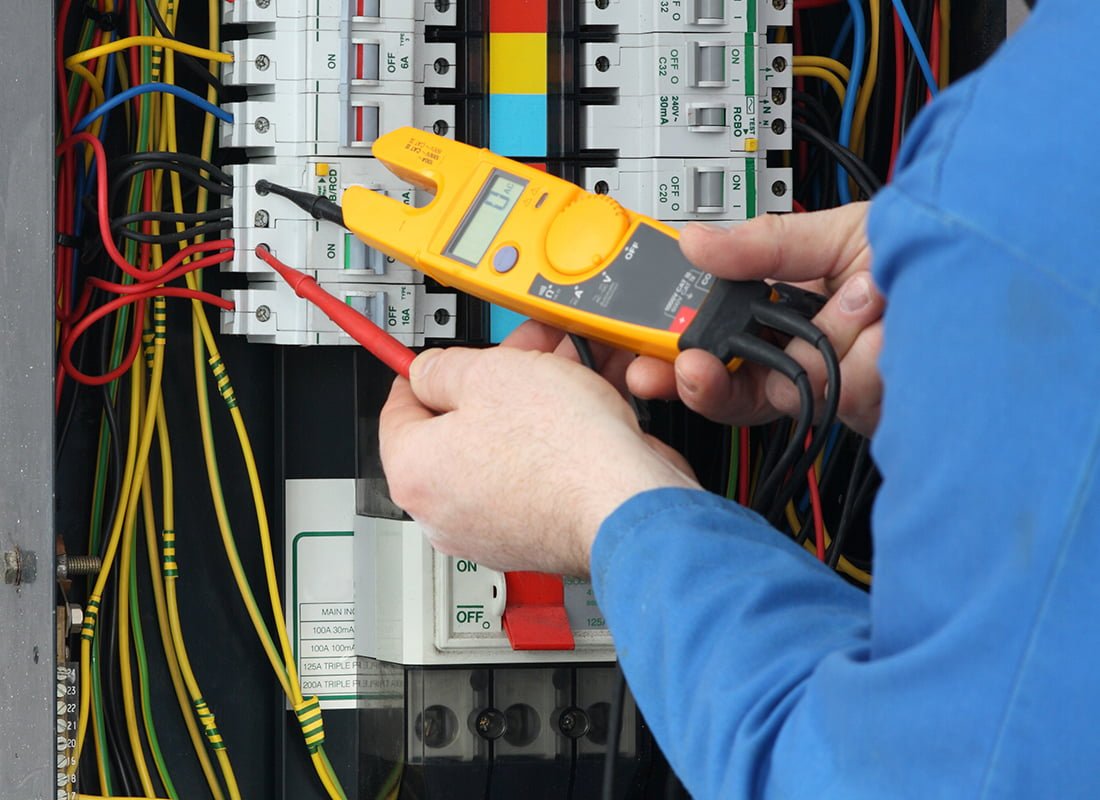
Lightning has struck twice. In a short span of around six months, bank depositors have been at the receiving end of the short circuit as it were. Punjab and Maharashtra (PMC) Co-operative Bank’s depositors faced restrictions imposed by the Reserve Bank of India (RBI), in September 2019. Last week, turbulence hit YES Bank, which is in the process of being rescued by the central bank and State Bank of India (SBI).
Not surprisingly, the two events have shaken the confidence of retail depositors in banks, considered failsafe so far. While such events cannot be predicted, you can draw some lessons to protect yourself against such risks.
How many bank accounts should you have?
We thought only equity markets were risky. Who would have thought our neighborhood bank, where we keep our life’s savings through our accounts, fixed deposits, lockers and so on, would go bust? But such events have indeed occurred. “Spread the money across more than one bank account to get the benefit of the Deposit Insurance and Credit Guarantee Corporation (DICGC) insurance cover (of up to Rs 5 lakh),” says Joydeep Sen, Founder, Wiseinvestor.in.
You can segregate your funds in these accounts according to your needs. “I think two bank accounts should be just enough. For example, your salary account can be used to pay your equated monthly installments (EMI), while another account can be used for investments, including systematic investment plans (SIP),” says Amol Joshi, Founder, PlanRupee Investment Services. The ‘investment’ account should also be used to route your life insurance and health insurance premiums, apart from your SIP money into mutual funds and receiving redemption proceeds and income tax refunds. “If the bank where you maintain your salary and EMI accounts is affected, the investments in the other account can be redeemed to keep your EMI payments going. Conversely, if the ‘investment’ account is affected, your cashflows will not be under pressure and the EMIs can continue,” explains Joshi.
Too many bank accounts also can be a headache because you need to monitor them, make sure you file interest income in your annual tax returns and keep complying with know-your-customer norms.

Customers should park an amount equal to least three months’ household expenses, including equated monthly instalments, in one of the bank accounts. Excess money (that you are likely to need in the short term, over and above emergency needs) can be parked in overnight or ultra short-term funds,” suggests Viresh Patel, Founder, Lifestyle Financial Planner.
Choose safety over convenience
Many depositors of PMC Bank preferred it over other, bigger banks due to the convenience the former offered – timings, availability of branches the neighborhood and friendly staff. However, the bank’s management was allegedly embroiled in fraudulent deals, leaving unsuspecting depositors in the lurch when the RBI suspended its operations. Moreover, the dual control structure of co-operative banks also created hurdles in successful and quick resolution of its woes.
Now, this is not to say that you should not deal with co-operative banks, as they do have an important role to play in the banking system. But opening an account with one just because it is in the neighborhood could be costly. It’s always better to stick to reliable names even if you have to walk an extra distance.
Guaranteed returns, really?
The one sales pitch that was made to all individual and large retail investors who were mis-sold Yes Bank’s Additional Tier I (AT1) bonds was that they offered high and guaranteed returns. In reality, ‘high’ and ‘guarantee’ fly against the basics of finance. Guarantee does not come for free. How high can guaranteed returns go?
“Anything above what the State Bank of India (SBI) offers for its one-year deposits is bound to come with an element of risk. That is the threshold you need to keep an eye on,” advises Joshi. Avoid products that you do not understand. And know what you’re signing up for. Many of those who invested in AT1 bonds did so on the premise of the guarantee peddled by smooth-talking Yes Bank relationship managers, as publicized all over social media these past few days.
If the instrument seems fancy and the fine-print complicated, it’s best to stay away. “If the returns on deposits or schemes recommended by bank representatives are too good to be believed, then there is definitely high risk involved. There are no short-cuts to wealth generation,” says Anuj Kakkar, Partner, Vriddhi Advisors.
Link multiple bank accounts to MF investments
When a bank account gets frozen, your SIP payments stop. And, any redemption that comes in gets locked in too. Soon after the RBI imposed a moratorium on YES Bank, several fund houses proactively decided not to disburse their investors’ redemption proceeds to YES Bank accounts. However, you would do well to link more than one bank account to your folios; fund houses offer the option of linking up to five bank accounts to a single folio.
Fill up the ‘bank accounts registration form,’ get all investors to sign on it and submit it to your fund house or to the registrar and transfer agent’s office. Within seven working days, the addition of the account is effected and the investor is intimated. Of all the accounts you register, you need to designate one as your primary account. The others act as back-ups. You can even add bank accounts at a later date.
You could choose the account in which you want your redemption proceeds at the time of selling of selling units. For offline sale, some fund houses provide the option of choosing from the bank accounts registered.
Do not panic
Diversification helps, but avoid doing so mindlessly. “The rationale is the same as that of diversifying across, say, several large-cap equity funds – there is no point over-diversifying across several scheduled commercial banks. What has happened with YES Bank is a very rare event. In the last 15 years, no scheduled commercial bank has been allowed to fail,” notes Joshi.
The PMC Bank fiasco remains unresolved due to the dual control structure; the state government also has a say in the regulation of co-operative banks’ affairs. “In the case of commercial banks, the RBI has complete regulatory control and we have seen how swiftly they acted to safeguard YES Bank depositors’ interests. It was mentioned in the first communique, which was the not the case with PMC Bank,” points out Joshi.
Opening and managing multiple accounts will be an unwieldy affair. Several text and WhatsApp messages have been doing the rounds of social media and messaging apps, ‘cautioning’ accountholders and asking them to withdraw funds from ‘vulnerable’ banks. Not only are these messages misleading, but also put banks that are not facing any crisis in trouble. On Saturday, SBI chairman advised accountholders to stick to their existing banks. “By and large, India’s banking system is robust. In general, depositors need not fear. They can continue to maintain accounts with their existing banks,” he said.
[“source=moneycontrol”]
















